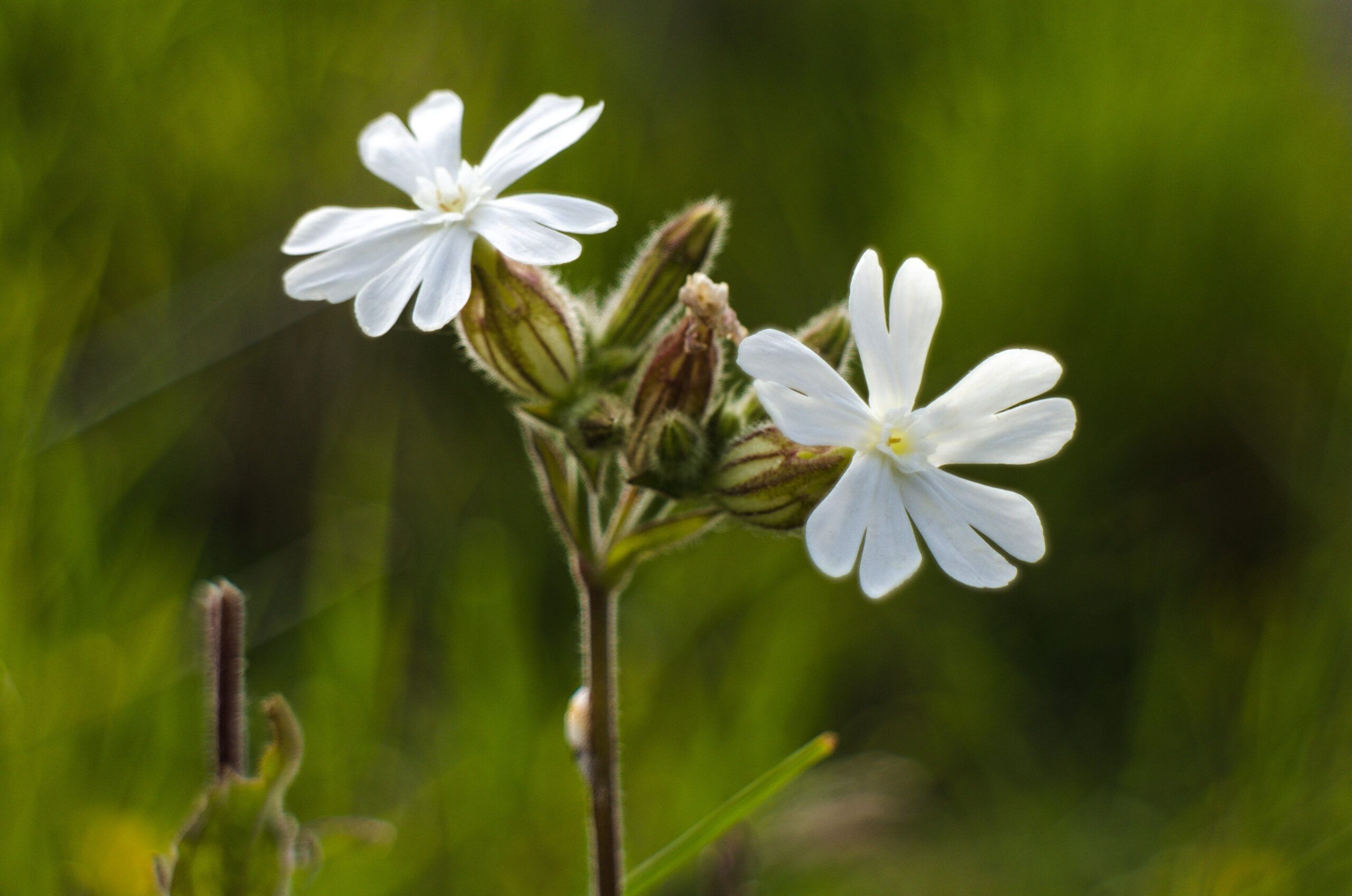
16 Jul 2025
By Dr Deborah Long, Chief Executive at Scottish Environment LINK We live on a small island on the edge of the Atlantic ocean. Our landscape is highly diverse. There are very few other places in the world where you can physically walk from rainforest to alpine meadows in one day. But in Scotland you can. […]
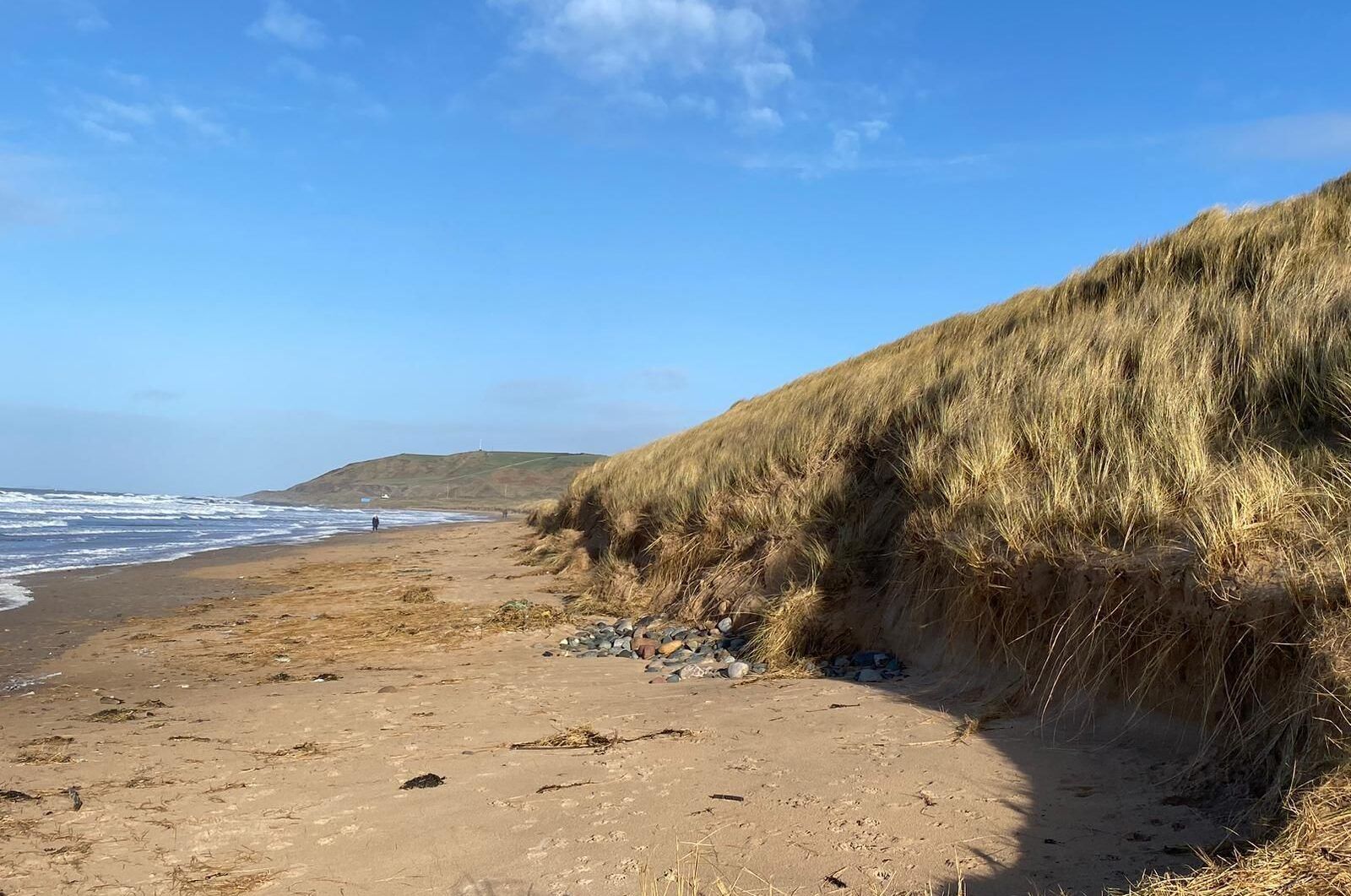
09 Jul 2025
By Rebecca Crawford, Marine Policy Officer at the Scottish Wildlife Trust Introduction As a maritime nation with over 900 islands and one of the longest coastlines in Europe, the marine cultural heritage of Scotland is deeply ingrained. However, there is a disconnect between people and the ocean, with many people now calling for a better […]

01 Jul 2025
By Andy Marks, Parliamentary Officer The success of Scottish Environment LINK’s award-winning Nature Champions initiative reflects the energy and commitment that MSPs have for ‘their’ Scottish species and habitats. The current session has seen MSPs climb mountains in search of bees, wade across rivers for endangered mussels, attend night-time bat surveys and even abseil from […]
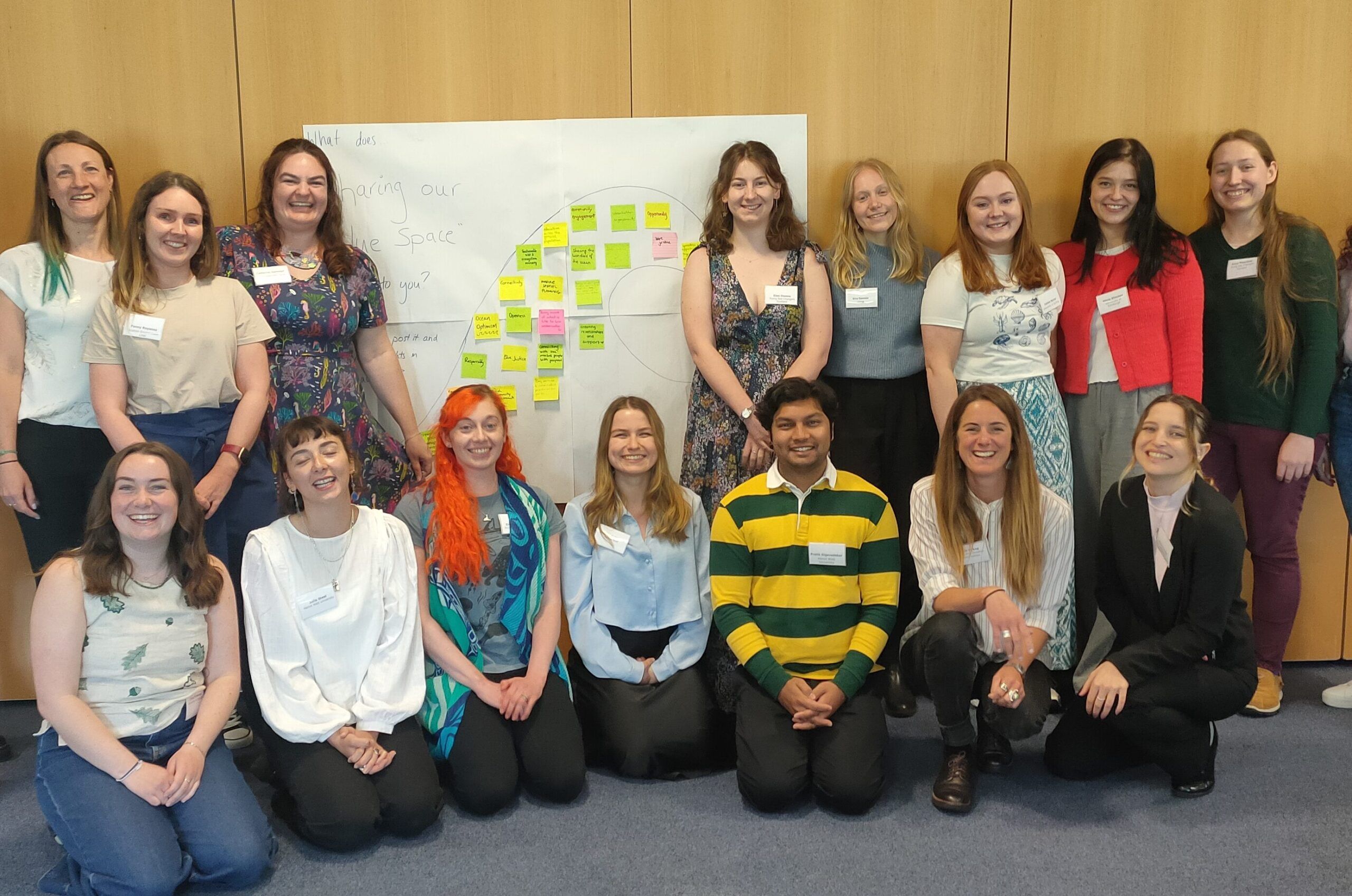
26 Jun 2025
By Elizabeth Mills, Young Sea Changers Scotland “50% of young people do not understand how the ocean impacts them or in turn how they impact the ocean.” In February 2025, Back to Blue released their findings from a global ocean literacy survey of over 3,500 responses aged 18-24 and highlighted what they referred to as […]
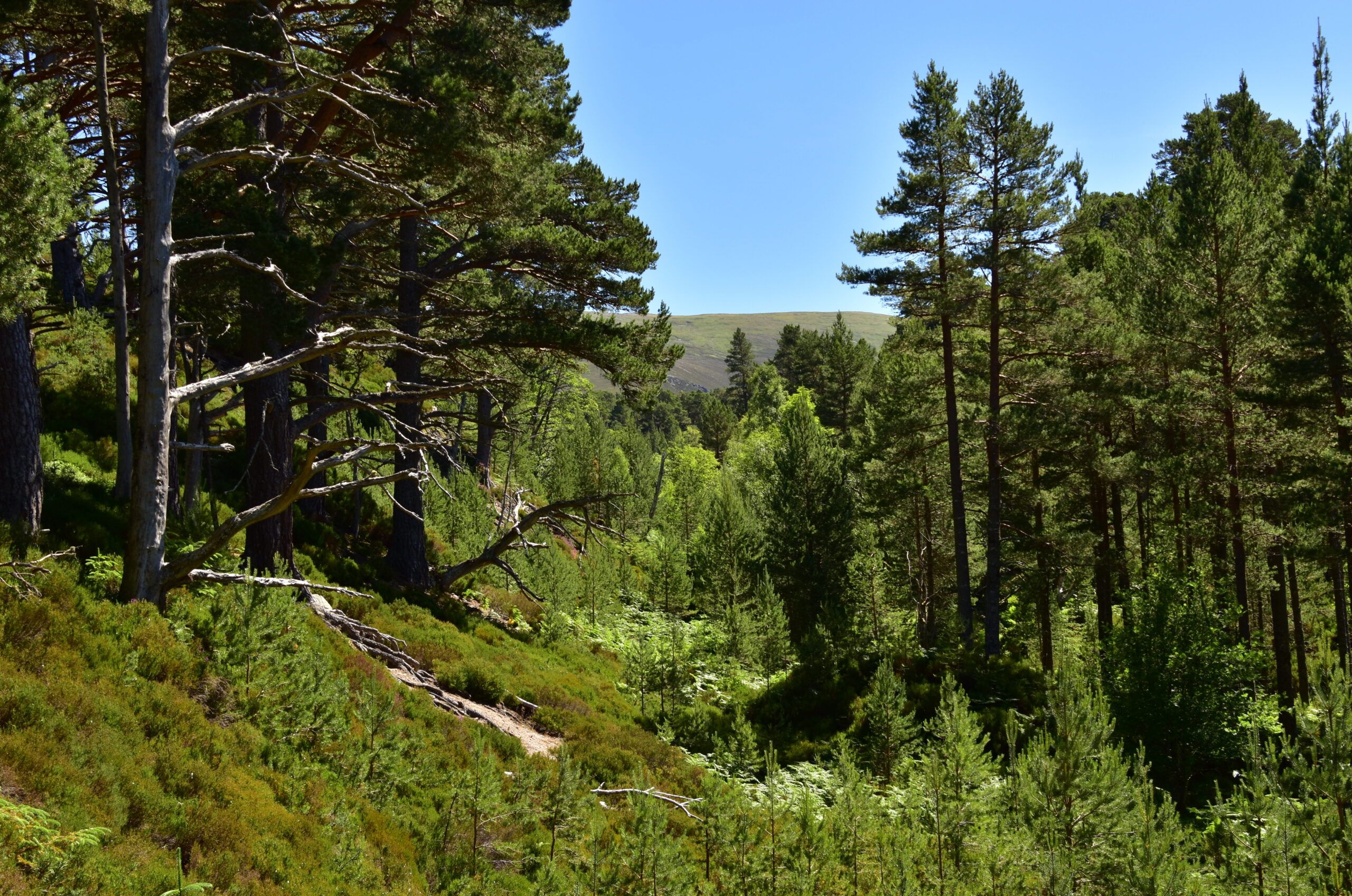
02 Jun 2025
This is the final blog in a series looking at the four sections of the Natural Environment Bill. You can look back at Part 1, Part 2 and Part 3. One of the standout artworks at the National Galleries of Scotland is the immediately recognisable Monarch of the Glen, a 19th century painting of a […]
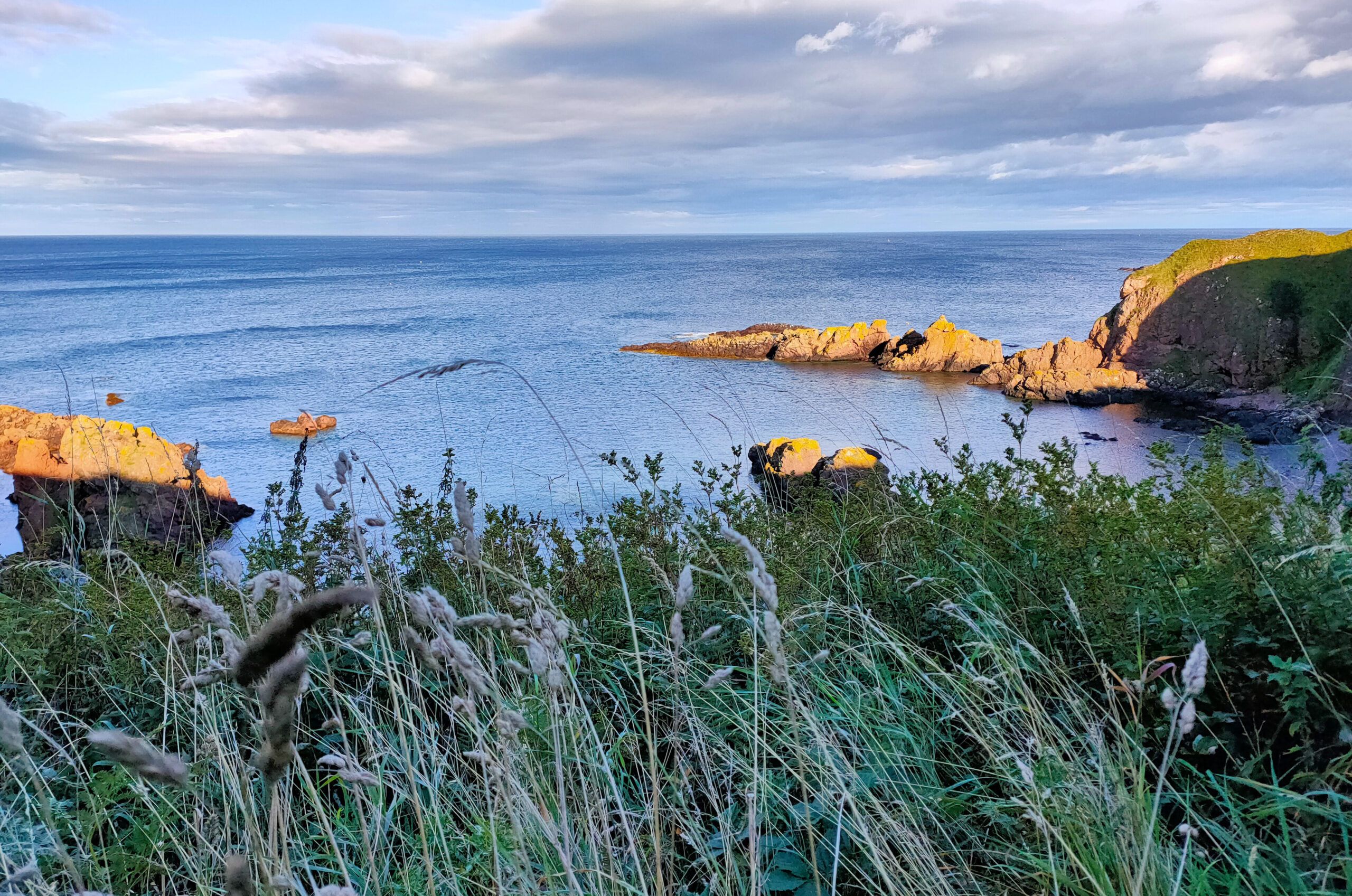
27 May 2025
Getting the long-delayed fisheries management measures in place in our marine protected areas is not only a crucial step towards restoring our seas to health. It’s essential for the future of Scotland’s small-scale inshore fishing industry. More protection means more fish, means more local, sustainable jobs.
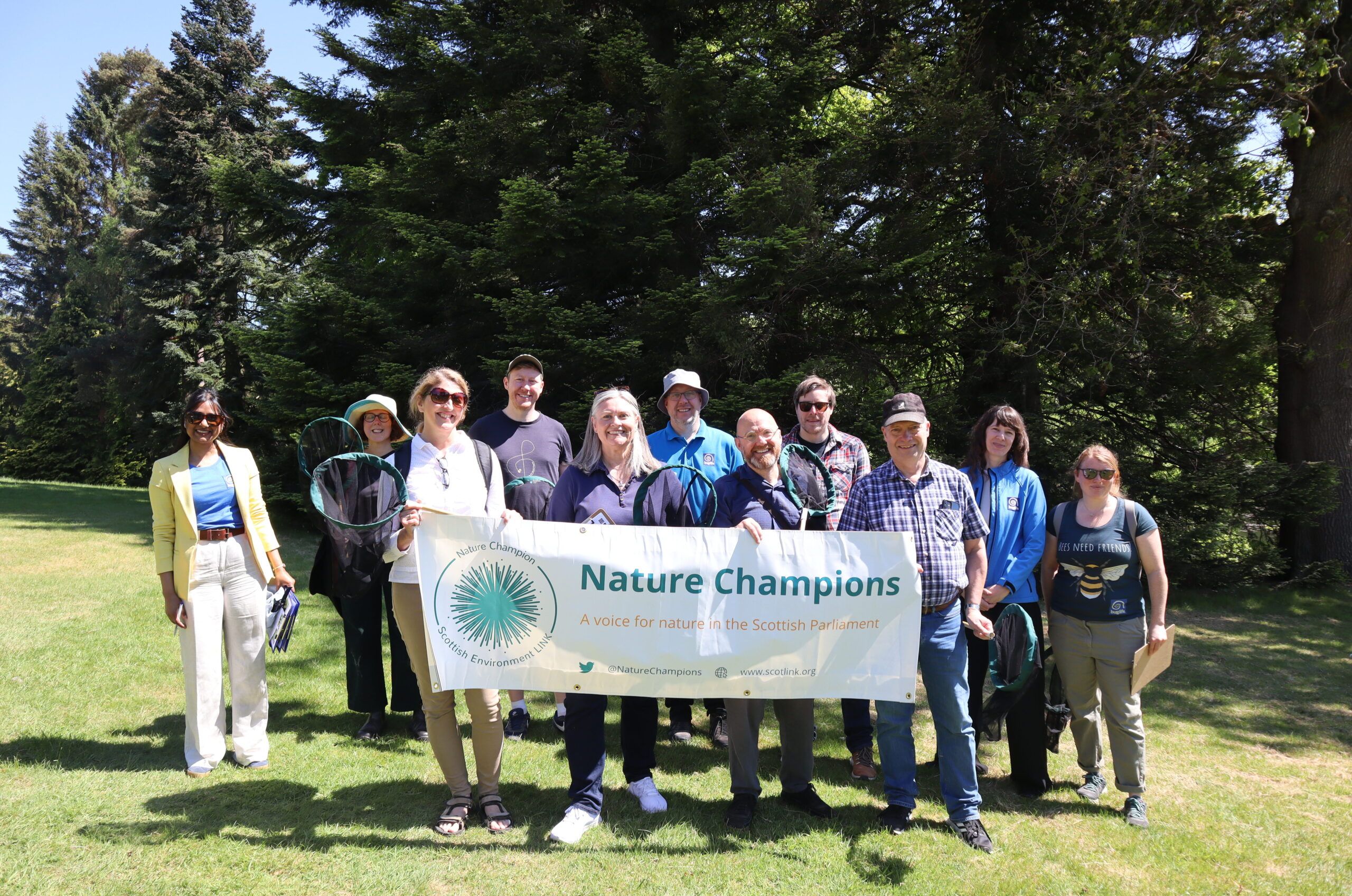
20 May 2025
Bees are some of Scotland’s most loved insects. They can be found buzzing around our gardens, in grasslands, on our coasts, in wetlands and even up mountains. Whilst many will be familiar with one species in particular – the honeybee – bees are in fact very diverse: they come in many different sizes, rely on […]
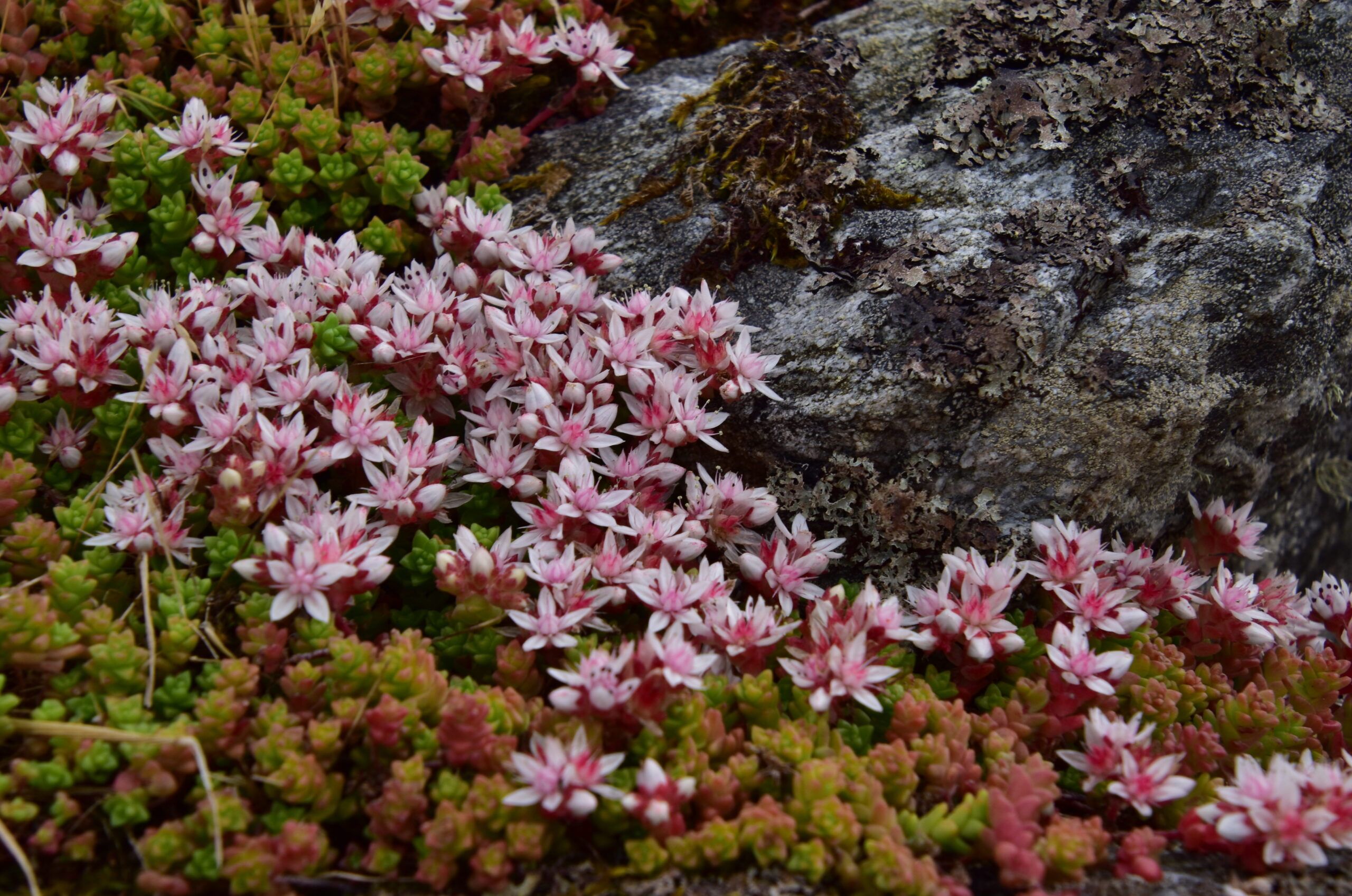
14 May 2025
Guest blog from Plantlife Scotland Nature Networks are starting to take root across Scotland – and wild plants and fungi are finally getting the attention they deserve. Plantlife Scotland have published guidance that offers practical recommendations to put plants and fungi at the heart of Nature Network plans. Bringing these essential groups into nature-recovery […]
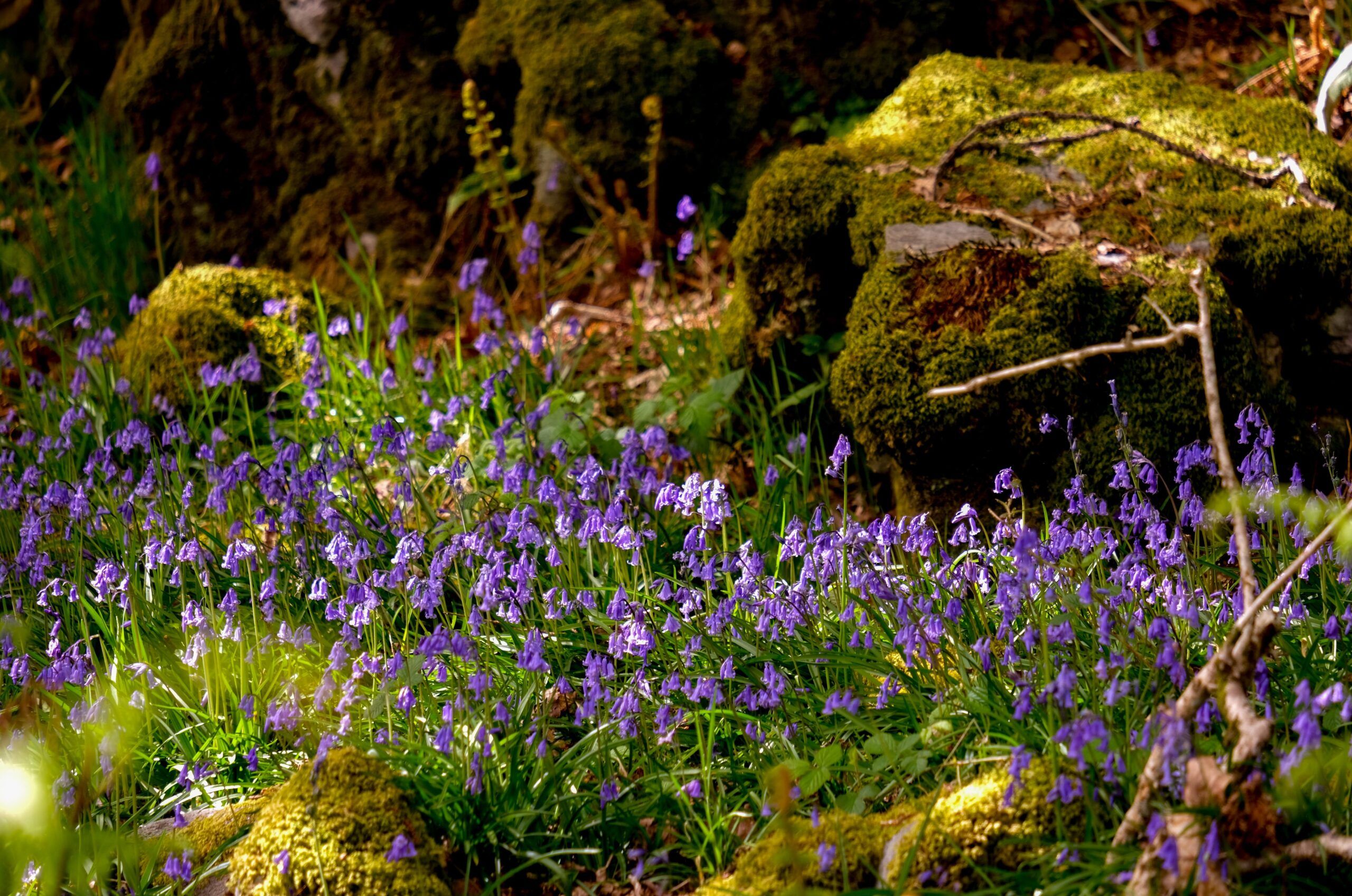
09 May 2025
This is the third in a series of blogs looking at the Natural Environment Bill. Part 1 is available here and Part 2 is available here. Most of the political energy around National Parks in recent years has related to the Scottish Government’s commitment to establish at least one new Park by the end of […]
By continuing to use the site, you agree to the use of cookies. more information
The cookie settings on this website are set to "allow cookies" to give you the best browsing experience possible. If you continue to use this website without changing your cookie settings or you click "Accept" below then you are consenting to this.